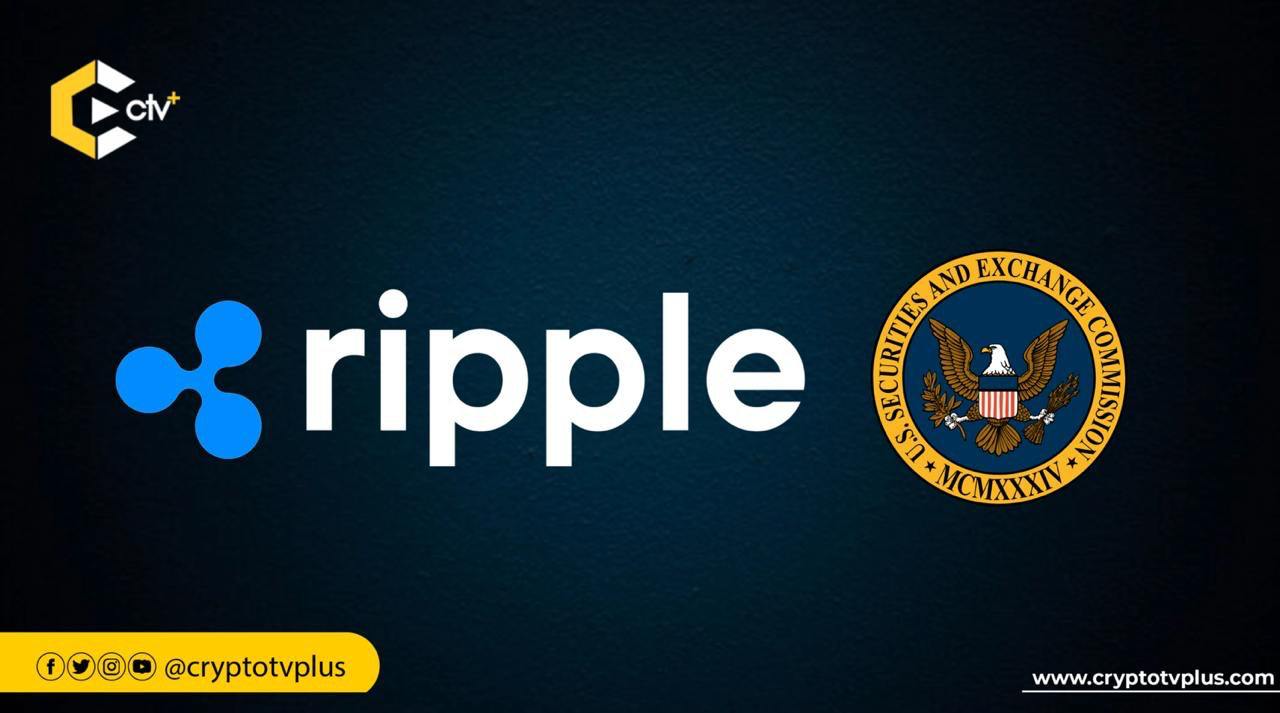News
Fungible cryptos in secondary sales aren’t securities, Ripple tells SEC

Stuart Alderoty, Ripple’s Chief Legal Officer, officially called on the U.S. SEC to implement a ‘maturity’ test and deliver explicit guidelines to clearly differentiate crypto tokens from investment contracts.
Alderoty directed a letter to the SEC’s Crypto Task Force, headed by Commissioner Hester Peirce, arguing that existing regulations do not warrant labeling most fungible crypto assets as securities.
In his letter to the SEC, Alderoty referenced Lewis Cohen’s paper, “The Ineluctable Modality of Securities Law”, emphasizing that an investment contract must involve a legal connection between the buyer and the seller.
He pointed out that most secondary market transactions involving crypto assets lack such a legal relationship.
As part of the SEC vs. Ripple case, the Ripple legal chief referenced Judge Torres’ judgment, which distinguished secondary sales of XRP from securities offerings, while acknowledging that institutional sales met the investment contract standards.
While pointing out flaws in the current regulatory system, Alderoty argued that Congress, rather than the SEC, must fix them. He wrote:
“Absent delegated authority, lawmakers must establish new legal standards. SEC guidance that adheres faithfully to existing law—something that eluded the prior administration—would go a long way toward reducing market confusion.”
In his proposal, Alderoty advocates for a ‘maturity’ framework designed to clarify the point at which tokens separate from investment contract status.
Ripple’s Chief Legal Officer stated that once issuers deliver on the key promises made during the initial offering and secondary market holders hold no legal claims against them, the token should count as separate from the investment contract.
“This approach preserves accountability for bad actors without imposing ongoing or indeterminate obligations on downstream market participants,” he added.
Stressing the vital role of regulation, Alderoty called on Congress to create guidelines that ensure investor safety without stifling innovation.
Earlier this month, the Blockchain Association urged the SEC to eliminate equity-like rules applied to cryptocurrencies.
Commissioner Hester Peirce of the SEC has headed the Crypto Task Force since it formed in March this year.
Serving as a link between conventional markets and cryptocurrencies, the unit aims to enhance regulatory transparency in the space.
The Crypto Task Force recently held discussions with BlackRock, the largest asset manager globally, known for its strong position in the digital asset space.













51 Comments